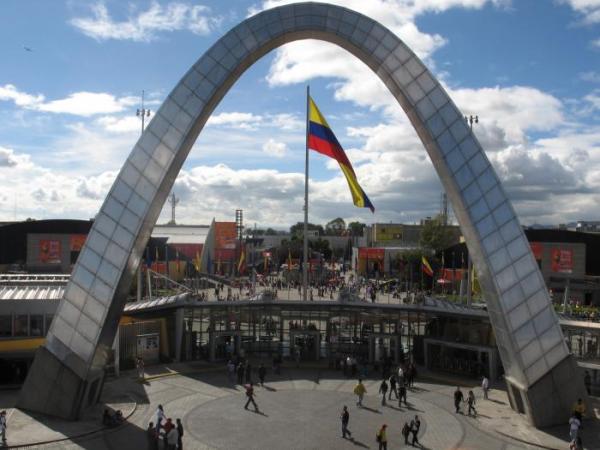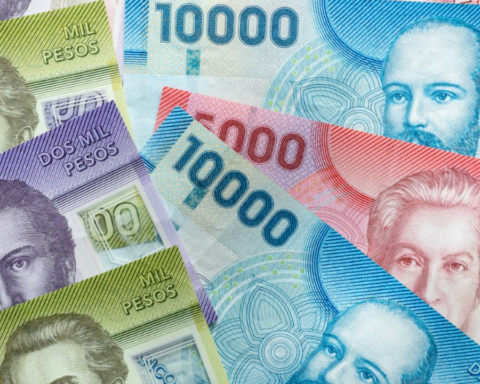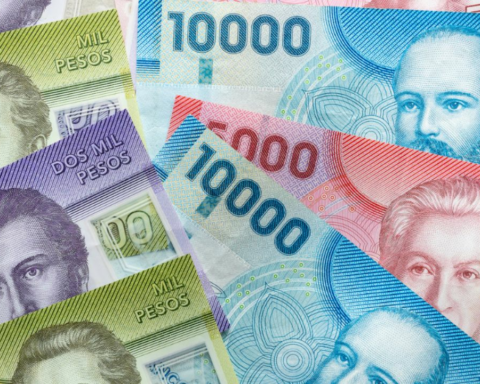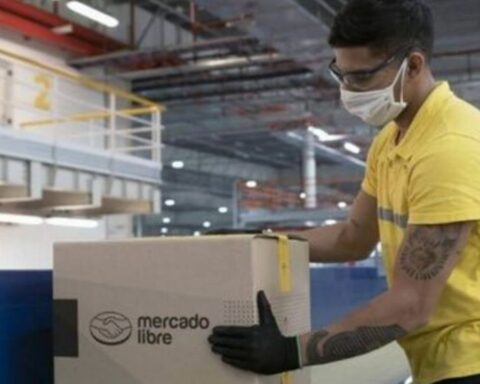Antonia Urrejola left the presidency of the Inter-American Commission on Human Rights (IACHR) to join the ministerial team of President-elect Gabriel Boric. As of March 11, the lawyer will assume the portfolio of Foreign Relations, in the midst of the migratory crisis in the north and with the absence of the current minister Andrés Allamand.
Despite the fact that his peer from the Interior, Rodrigo Delgado, pointed out that “there is not a double role” on the part of the also lawyer and assured that the Secretary of State is making use of his legal holiday, Foreign Minister Alllamand is singled out for “abandonment” with respect to the migratory crisis that is being experienced in the north of the country, and the possibility of presenting a constitutional accusation against him is even being considered.
A little over a month after arriving at the Foreign Ministry, Antonia Urrejola addressed the challenges and possible policies that could be promoted and implemented to protect the human rights of both migrants and residents in Chile.
“The migratory crisis is not an exclusive issue for Chile,” the future minister Urrejola began by saying in an interview with Third. “There is a serious crisis on the continent, I speak rather of human mobility, which is not only regarding the Venezuelan diaspora, it has Haitian and Nicaraguan migrants… From that perspective, to face it, coordination with all the states of the country is required. the region,” he added.
For Antonia Urrejola “Chile has to exercise leadership, we have to sit down with all the affected states, it cannot be that one receives, in quotes, the burden of the migration crisis versus others and the only way to do that is through cooperation” .
“We have been talking with Minister Siches, who is in charge of internal migration policy, of coordinating the initiatives, because the response must be multidimensional,” he commented.
The future Chilean foreign minister pointed out that the entire context that migrants are experiencing must be understood, to whom “we must give a welcoming, humanitarian response, as well as take charge of what we are seeing in the north.” In that sense, despite not recognizing herself as an expert in migration policy, Urrejola ruled that “what she did with the famous Venezuelan democratic visa was generate more irregularity, and irregular migration generates all this disorder and all this chaos.”
The jurist and future head of the Foreign Ministry referred to the suspended “Democratic Responsibility Visa (VRD)” promoted by President Sebastián Piñera and which proposed a special visa for Venezuelan citizens who wanted to migrate to Chile; who would be granted a temporary residence permit.
In April 2018, the President explained that this measure is a response to the “serious democratic crisis” that Venezuela is suffering and in consideration of the “humanitarian policy” that country had during the dictatorship of Augusto Pinochet (1973-1990), when many Chileans went into exile in Venezuela.
However, in the midst of chaos and uncertainty due to the Covid-19 health emergency, the Ministry of Foreign Affairs led by Andrés Allamand, on November 11, 2020, found the perfect argument to stop migration and massively close all VRD applications in force, thus closing more than 91,000 without legal justification. Currently, an amparo appeal has been filed to reactivate some closed VRDs.
Asked about her evaluation of the current management, Urrejola is categorical in affirming that “Chile lost a leadership that it did have in the region in terms of foreign policy.”
“We have to recover that tradition of post-dictatorship foreign policy, which emphasized multilateralism, the relationship with neighboring countries, human rights, beyond the differences one might have with the governments of An example of that loss, and I have to say it, is the reaction that the current government had regarding the Escazú Agreement. In addition, Chile was leading the debate regarding migration policy and the global pact in Marrakech. We had the opportunity to exercise much greater leadership in the COP on environmental change and we do not exercise it, beyond all the problems of the pandemic,” he explained to the morning paper.
In terms of treaties, President-elect Gabriel Boric promised to ratify the Treaty of Escazú on the first day of his mandate. Faced with this, Antonia Urrejola’s disposition is maximum. “Absolutely,” she declared. “For me, the first thing is to give urgency to the ratification of the Escazú Agreement. Obviously, I have to go into the details to see what support there is, because one can say that they want to give it the utmost urgency, and if I do not have the votes I could end up losing… But it seems to me that a country with the leadership of President Boric, with the narrative that he has unfolded, with what we have talked about this foreign policy based on human rights, on turquoise, feminist politics, does not ratifying the Escazú Agreement would be a contradiction”.
“This pact has many components, but basically it is the protection of human rights defenders on environmental issues,” he concluded.








